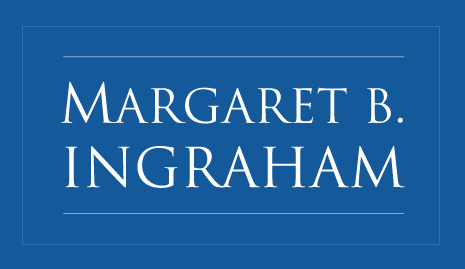In my last post I promised we would turn attention to the psalms next. As we do so, we move away from examining what others, including God, have said about David to listening to what David has to say about himself– in relation to and in relationship with the Lord. The last point is important because that relationship is central to the vast majority of the psalms of David.
As a literary genre the psalms generally begin with a reference to God. Most often this occurs in the first line, or certainly the first few verses. Sometimes it is a declaration about the nature of God; at others it is an address or entreaty. The manner of reference is not the only difference. So is the choice of the name of God. We may examine the subject of the various Hebrew names for God later, but for now we will focus on this: the majority of the Davidic psalms speak of God by using the so-called tetragrammaton. That’s the traditional academic (and distant, some would suggest) way of trying to say what can’t be said; that is, of describing the four-letter unpronounceable name of God. Those four letters are all consonants, because the Hebrew alphabet contains no vowels. In Hebrew the tetragrammaton is spelled Yod Hey Vav (or Waw) Hey. In English some older translations render that name by simply substituting the nearest equivalent with letters of the English alphabet—YHWH. Others insert vowels to create the pronounceable name “Yahweh.”
The YHVH in Hebrew always stands alone and apart. What I mean by this is that no modifiers are ever attached to it (and in Hebrew possessive pronouns like “my,” “our,” “your” are literally attached as suffixes to the end of the word that is being modified.) YHVH stands without need of modification; He is all in all. The majority of English translations, including the English Standard Version that I prefer, use the word Lord. Look carefully at the typeface of the word “Lord” in the English translations of the psalms and you will see that it is printed as a combination of large and small capital letters. This differentiates it from all other proper nouns that are typically arrayed in print by an initial capital followed by lower case letters. It conveys the tetragrammaton, a name set apart solely for the one true God Himself. There is no confusing this Lord with the Lord of the manor or the Rings. YHVH is King of King and Lord of Lords, the creator of the universe, the One true God.
This Lord, whose name might be literally unpronounceable and who is ultimately unknowable in the fullness of His omnipotence, omniscience and omnipresence is, at the same time, revealed to us. We encounter Him through His works and His actions. We can come to know Him, as David did and as he teaches us in his psalms, by heart. And that is what He desires of us.
When I was taught how to read the psalms aloud in Hebrew, I was told to use the traditional Jewish substitution “Adonai” when I came to the unpronounceable name. The root of that noun, Lord, is “adon.” By adding the suffix “ai,” the word is made possessive — that is, it becomes “my Lord.” In using that word, I and other modern readers acknowledge what David knew and expressed in his psalms, namely a deep personal relationship with Him in whom he trusted and on whose mercy, strength and love he relied.
 But who is this Lord in David’s eyes? We will embark on an examination of that expansive question in more detail in the next posts. As a starting point, consider some of the images that David uses to describe Him: “my glory,” “the lifter of my head,” “my righteousness,” “my light,” “my rock,” “my salvation,” and, of course, the most well-known of all, “my shepherd.” These are but a few examples.
But who is this Lord in David’s eyes? We will embark on an examination of that expansive question in more detail in the next posts. As a starting point, consider some of the images that David uses to describe Him: “my glory,” “the lifter of my head,” “my righteousness,” “my light,” “my rock,” “my salvation,” and, of course, the most well-known of all, “my shepherd.” These are but a few examples.
I encourage you to take out your Bible and a pad and pencil, turn to the psalms and begin recording the terms David uses. Terms of heart. Then make a personal list in your own words. It will be more than just an exercise. It will be another step on the road to growing even closer to God by heart. And I am certain you will find blessing in it.
